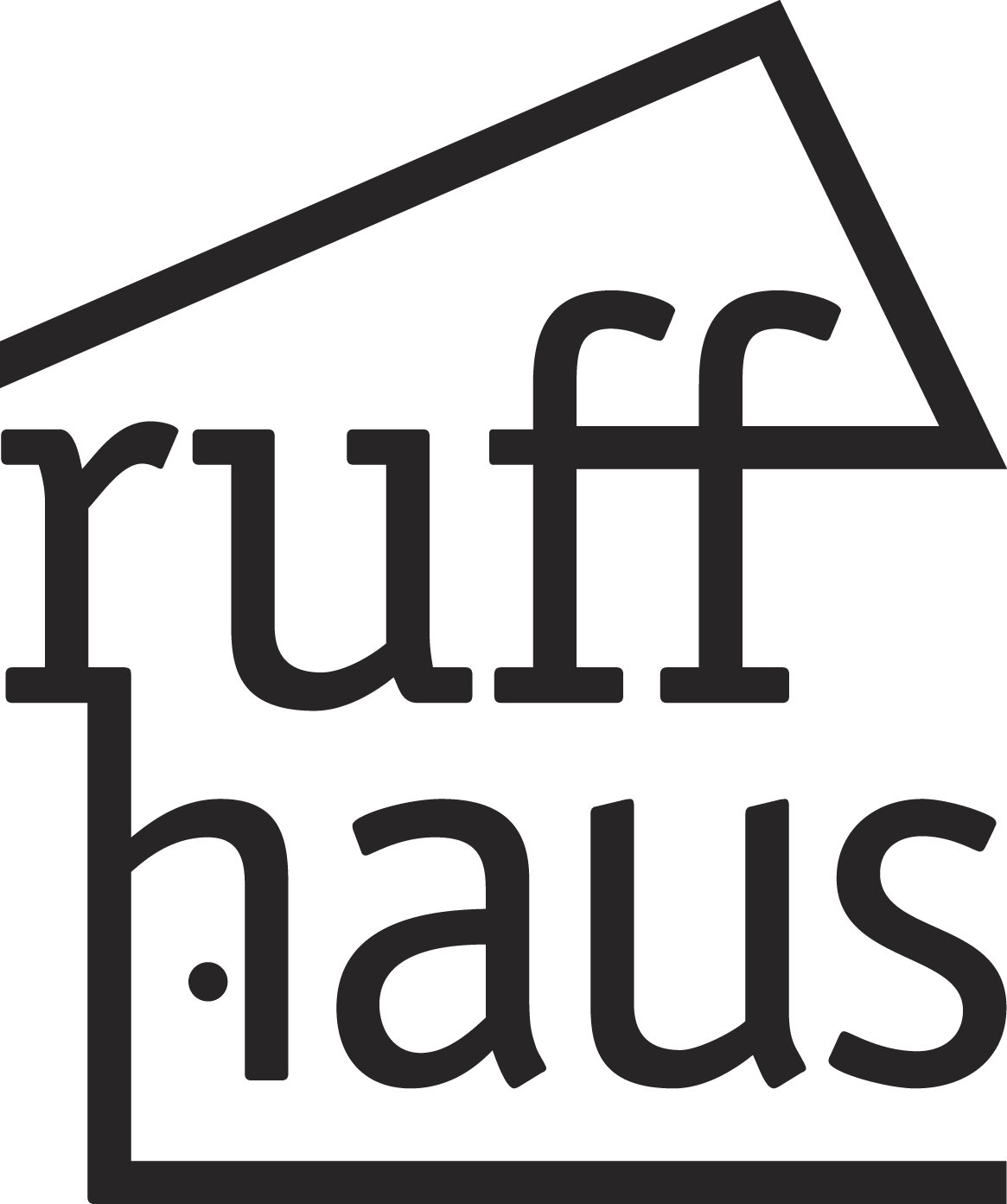Turns out I have been preaching about brand consistency since 2010 and I'm still doing it! Read this more recent article: Brand consistency, why it's important and how to do it.
Well, consider this. You worked really hard at establishing your business. And you probably invested a considerable amount of money building your company's reputation. Why would you throw that away? It's critical to maintain and protect your investment, because your brand speaks for you when you're not there to explain just how great your business really is, really. Your visual identity is an important communication and marketing tool that reassures customers and builds trust. So that makes it VERY important! If your brand is not applied consistently across all your communications, both external and internal, it sends a message to your customers (and employees) that you are not taking your business seriously. And if you don't take it seriously, then why should anyone else?
How many times did you go to a website or receive a printed communication where design elements or brand terminology was used inconsistently? Most likely you left that website, or tossed the printed piece in the trash, in favor of a more "legitimate-looking" business.
It doesn't take much to turn off a potential customer. For example, seemingly small details like poor quality graphics, logo that is placed and sized inconsistently, fonts and colors that don't go together or change without reason can help to determine if you are on a malicious site that is posing as an existing legitimate business. Customers have learned to associate inconsistent branding in both visuals and content with lack of professionalism at best, and even worse, with malicious intent.
The good news is it's easy to avoid turning clients away by applying your brand consistently.
- Educate employees on the essence of your brand and how to be consistent when communicating with customers and even each other.
- Make sure your communication style matches your identity by creating templates for letters, emails and other documents that are used repeatedly. Use of templates will also increase your own productivity.
- Design elements of your identity (as well as terminology), especially your logo, should stay consistent throughout all your marketing communications, be it in print or on the web.
- Create a Graphics and Terminology Standards Manual, so everyone in the company has a reference tool at their fingertips.
Sure, these suggestions take time and money, but you should consider your long-term return on investment. Consistent branding breeds familiarity and easy recognition of your business, which in turn builds trust in your current and potential customers. And trust equals sales!



